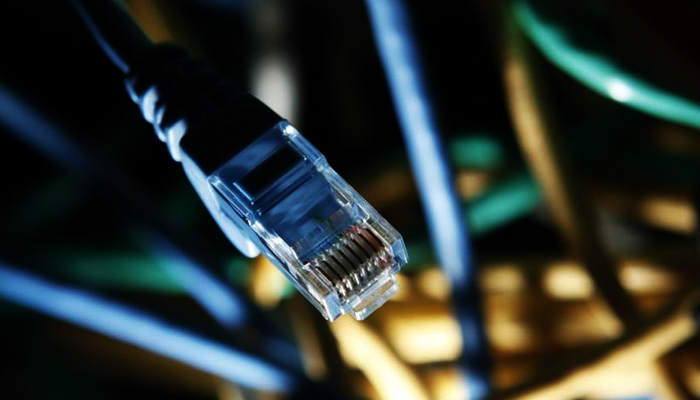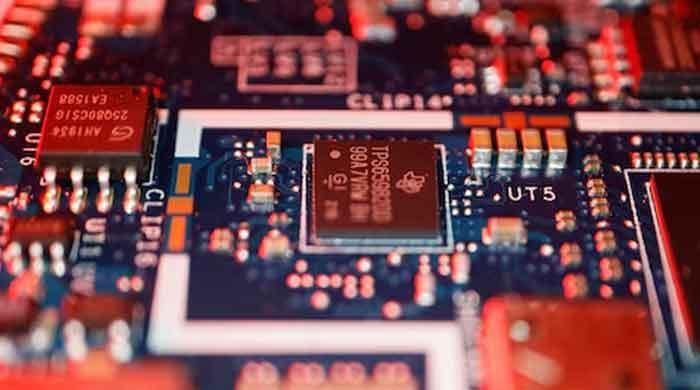When will internet services be restored in Pakistan?
"No new instructions received from the Ministry of Interior as yet,” says Pakistan Telecommunication Authority
May 11, 2023

KARACHI: People’s lives and businesses have been severely affected as the internet services are down due to the ongoing political turmoil that gripped the nation after Pakistan Tehreek-e-Insaf (PTI) Chairman Imran Khan’s arrest.
Point-of-sale transactions routed through Pakistan's main digital payment systems fell by around 50%, while the information technology (IT) sector is expected to suffer losses worth $3-$4 million every day.
After the Supreme Court’s latest order declaring Khan’s May 9 arrest illegal and asking him to approach the Islamabad High Court (IHC) tomorrow (Friday) for further directions, hopes arose that the internet services might resume after an almost 72-hour hiatus.
“No new instructions received from the Ministry of Interior as yet,” Pakistan Telecommunication Authority Director Public Relations Malhat Ubaid said in response to a query to Geo.tv over the phone — signalling that the connections might not be restored anytime soon.
The internet suspension has resulted in an approximate revenue loss of Rs820 million for telecom operators, reports have suggested, a huge dent to the sector, as the economy remains in a fragile state.
The PTA suspended mobile broadband services across the country on Tuesday night on the orders of the interior ministry — the longest such continuous shutdown in a country that often suspends communications as a tool to quell unrest.
Besides, the government has also blocked major social media platforms including Twitter and Facebook, while YouTube services are slower to control the spread of disinformation and panic among the masses due to the spread of “unwanted information”.
Reuters reported that data shared by 1LINK on POS through its platform showed international payment card transactions were down on Wednesday by 45% in volume, from a daily average of 127,000 during the week of May 1 to 7 to approximately 68,000 on May 10.
The daily value of transactions using international payment cards was down 46%, from 606 million rupees ($2.14 million) to 330 million rupees ($1.16 million) on May 10.
Although cash transactions are still dominant in the country’s commercial dealing, digital payments have witnessed fast-paced growth in recent times.











